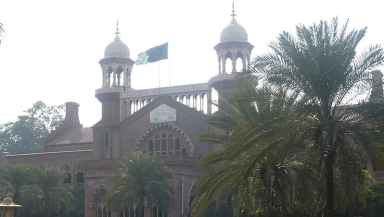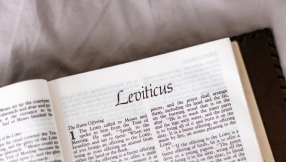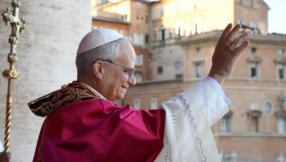
Farzana Iqbal was stoned to death for marrying a Pakistani man of her own choosing, instead of proceeding with an arranged marriage.
The woman died from severe head trauma after being barraged with bricks thrown by her father, brothers, fiancé, and others, on May 27.
Iqbal, 25, was engaged to marry her cousin, but decided to marry a man named Mohammad, whom she loved, according to Lahore police.
Her family filed kidnapping charges against her husband, and she went to the Lahore High Court to argue that the marriage was not forced. She was outside the Court, waiting for the case to open when she was attacked. She was taken to a hospital where she was pronounced dead.
A senior police officer, Umer Cheema, told Reuters that about a dozen men escaped, but Iqbal's father was captured.
Cheema said that the father admitted his role in the murder, and said that it was an "honor killing."
Some cultures believe that when a person commits an act that is considered shameful to their family, they may be killed. Pakistani law allows the family to nominate who will carry out the act, and then forgive the perpetrators.
Rarely are the killers prosecuted or convicted, and they may even walk free after a conviction.
The Aurat Foundation, a Pakistani women's rights organization, said that at least 1,000 Pakistani women are murdered annually in honor killings. The number is expected to be higher because the Foundation compiles its statistics solely from newspaper reports of honor killings.
The Foundation's Legislative Watch Programme National Coordinator, Wasim Wagha, said that the injustice is one of the issues his organization is fighting against.
"This is a huge flaw in the law," he told Reuters. "We are really struggling on this issue."













